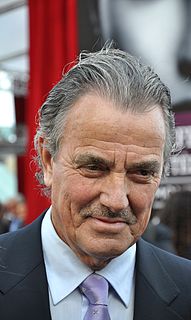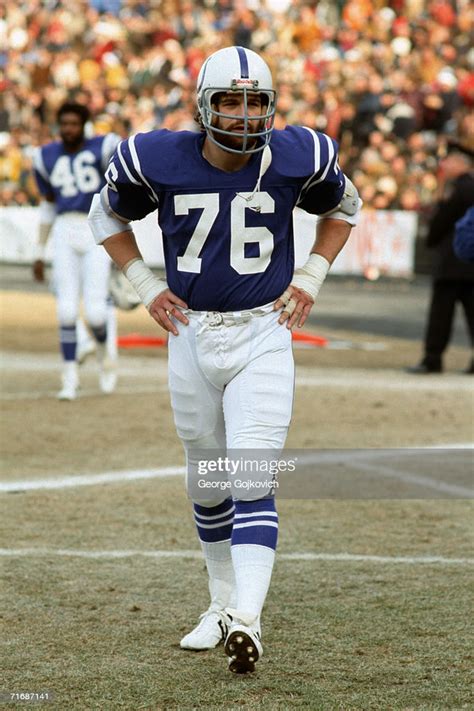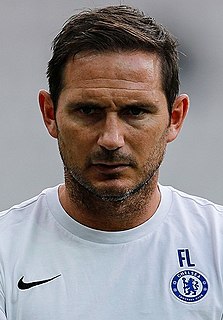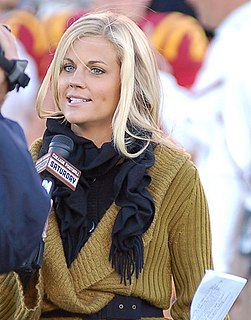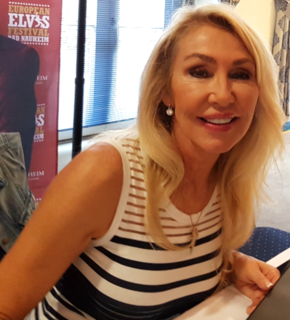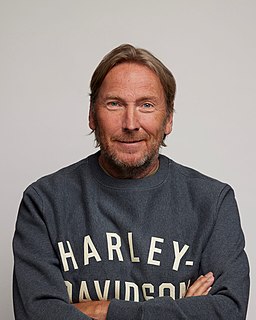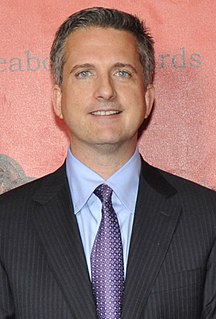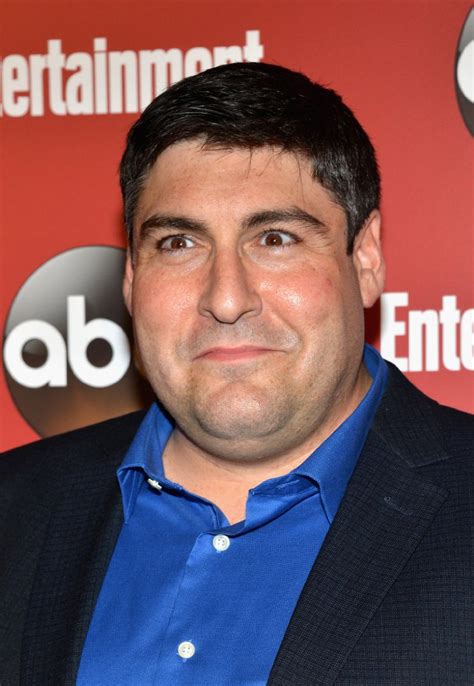A Quote by Eric Braeden
The great thing about America, what I've loved about it, is how sports-friendly it is. In America, sports are respected and loved.
Related Quotes
One of the great myths in America is that sports build character. They can and they should. Indeed, sports may be the perfect venue in which to build character. But sports don't build character unless a coach possesses character and intentionally teaches it. Sports can team with ethics and character and spirituality; virtuous coaching can integrate the body with the heart, the mind, and the soul.
It's great to learn more about sports I'm probably less familiar with - stock car racing, rodeo, e-sports - and realize that a lot of the people at the center of those sports bring the same level of passion, commitment and disciple that I try to with football. Sports is a way of life for billions of people around the planet.
We decided that sports, lifestyle and fashion were three elements that could be mixed together to a very unique formula. That's what we did: make Puma a very sports-fashion brand when, at the times, everybody talked about sports and sports performance and functionality. We said, 'Well, it's about more.'
His parents never talked about how they met, but when Park was younger, he used to try to imagine it. He loved how much they loved each other. It was the thing he thought about when he woke up scared in the middle of the night. Not that they loved him--they were his parents, they had to love him. That they loved each other. They didn't have to do that.
